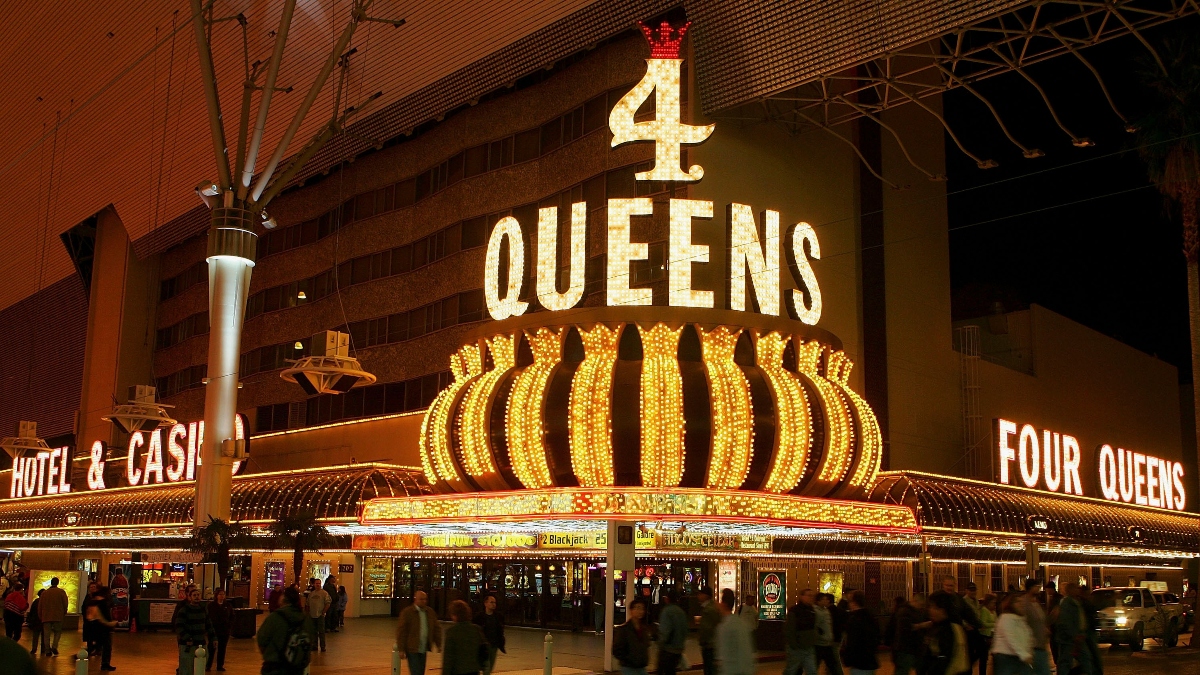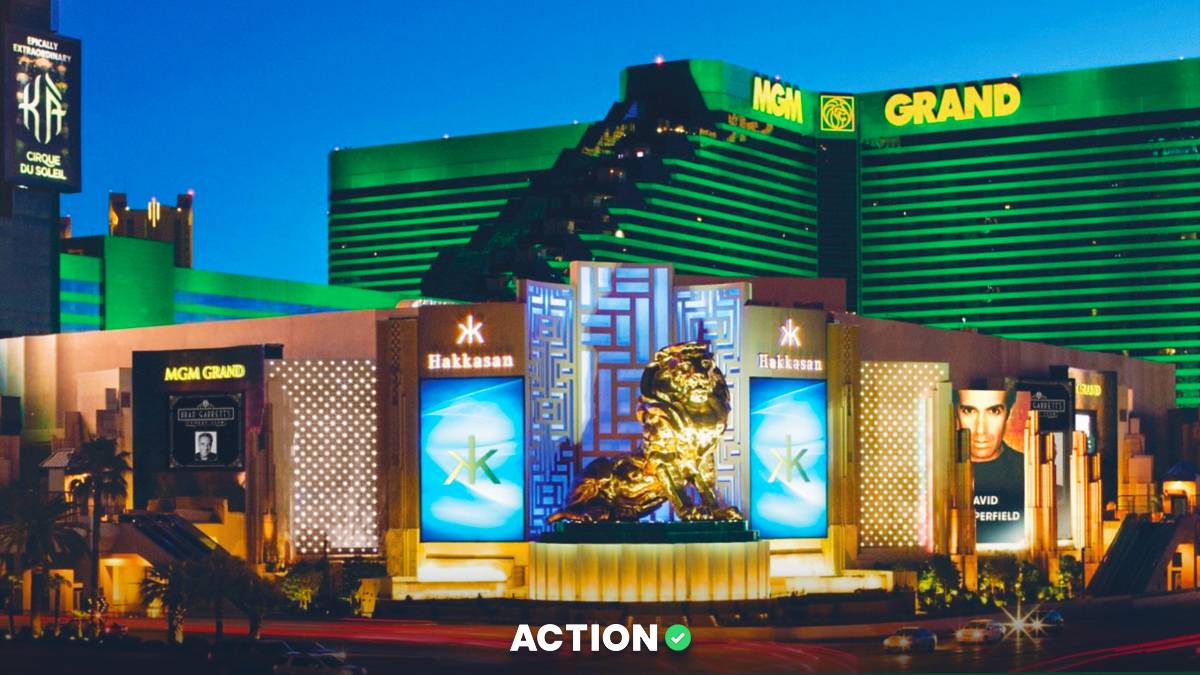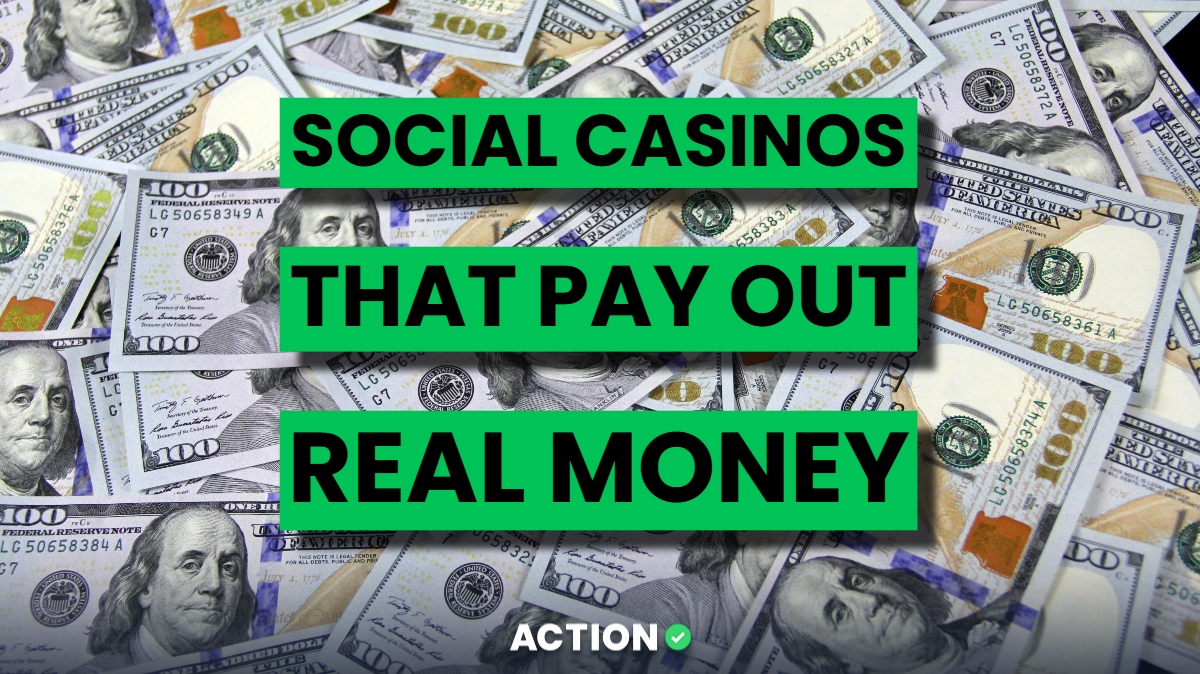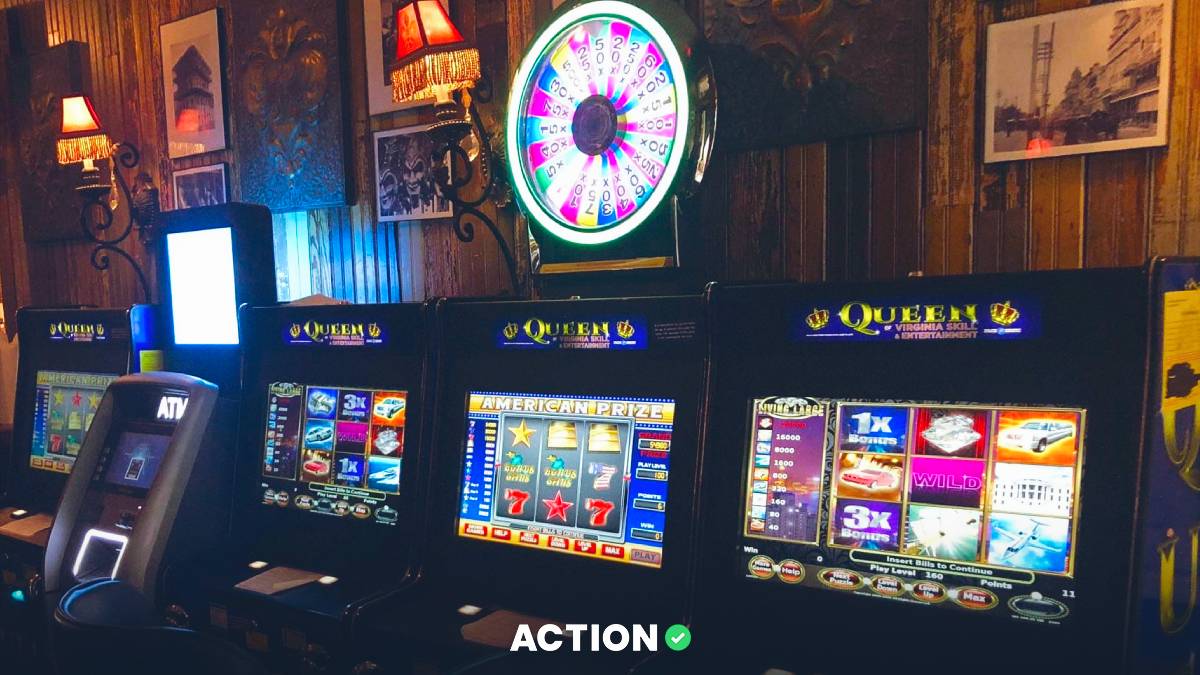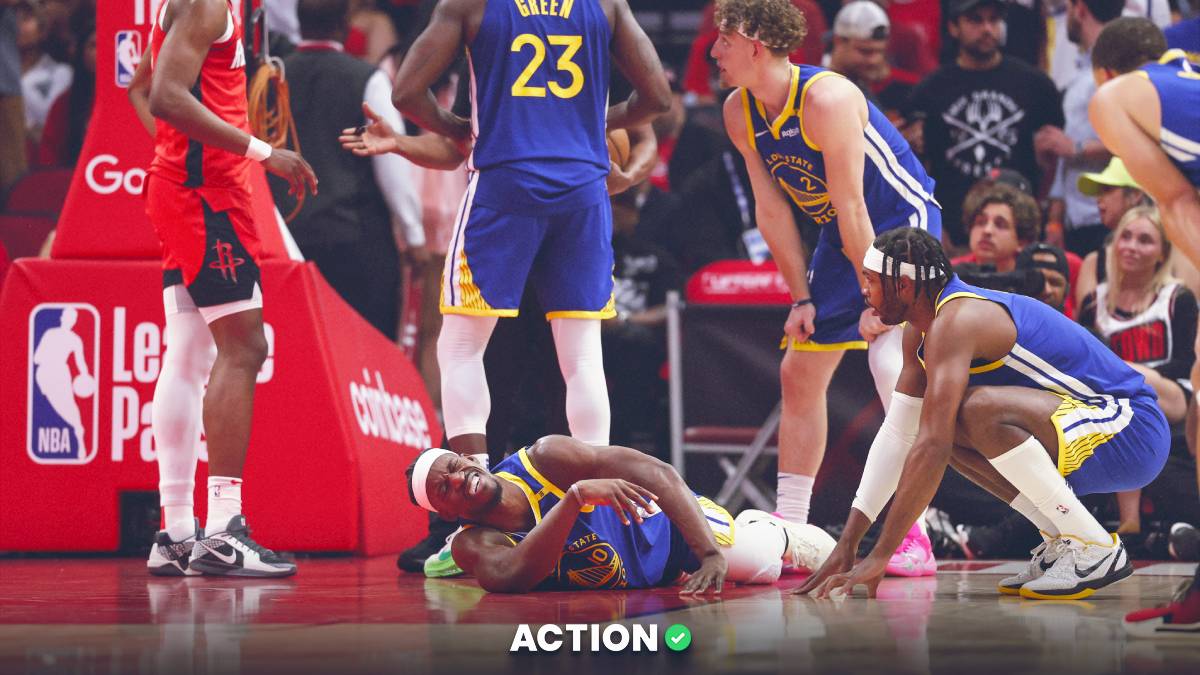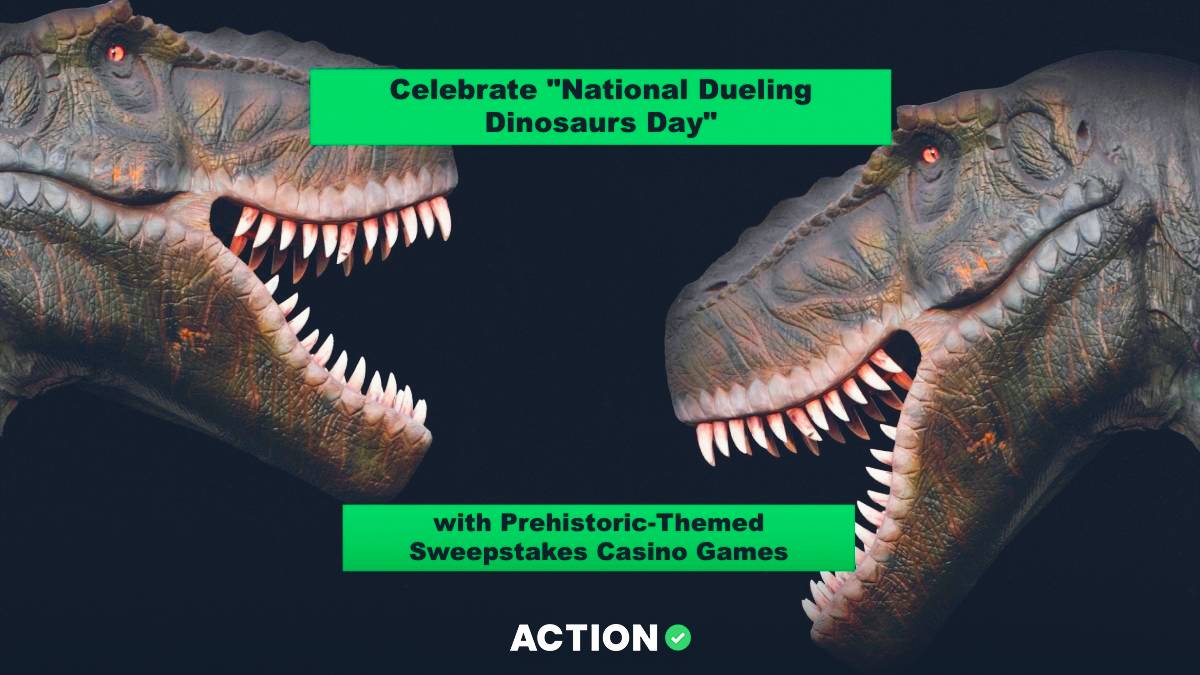Some dealers in Las Vegas are screaming “Everybody out of the pool,” today.
That’s because a policy change is allowing dealers at two downtown casinos to keep their own tips, instead of pooling them with the other dealers.
The Las Vegas Review-Journal reports that Binion's Gambling Hall & Hotel and Four Queens Hotel and Casino have introduced a new policy allowing dealers to “go their own” and retain their individual tips rather than contribute to a pool.
Binion implemented this change three months ago, and Four Queens is set to follow on October 28. Casino manager Glenn Casale explained that their parent company, TLC Enterprises, made this decision to help dealers earn more money.
Nevada Law On Tip-Pooling
Nevada law allows tips to be shared among employees as long as the employer doesn't keep any of them. This gives casinos and other employers in Nevada the authority to require employees to share tips with both tipped and non-tipped workers, as long as none of the participants are considered the "employer."
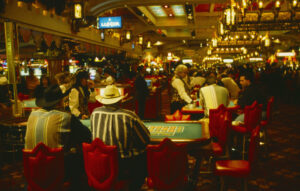
However, Nevada employers must also follow federal wage laws. According to the Fair Labor Standards Act (FLSA), employers can count tips toward meeting the minimum wage for tipped employees by using a tip credit.
Employers must inform their employees about this tip credit and must let employees keep all their tips, except when the employees are part of a valid tip pool. For a tip pool to be valid under the FLSA, it must only include employees who regularly receive tips.
But the Gaming Industry Tip Compliance Agreement, which promotes consistent 'average tip rates' for all types of tipped casino workers, is one of the reasons tip pooling is widespread in casinos.
Why Do Some Dealers Favor Tip Pooling?
Some dealers don’t like TLC's new policy for this reason. It requires them to report their tip earnings at the end of each shift so that this information can be included in their payroll for tax purposes.
Others favor tip pooling because it eliminates the threat of favoritism. One dealer told the Journal that popular dealers could be given more assignments on high-limit games, providing them with a bigger tip-earning opportunity.
But Casale said his dealers are trained on multiple games so they can rotate every 30 minutes and eliminate the fear of standing at an empty table.
Tipping Is Always a Hot Topic in Vegas
In Nevada, about 17% of workers earn their income from tipped jobs, which is the highest rate in the United States, according to the Center for Business and Economic Research at the University of Nevada Las Vegas.
Tipping is such a hot topic in Vegas that both Presidential candidates promised to eliminate taxes on tips to increase these workers' incomes. One study found that Nevada doesn’t even crack the top five for annual casino dealer salaries.
According to the report, casino dealers in Nevada earn an average of $19.96 per hour, closely aligning with the national average of $19.25 per hour.
The top-paying states, as highlighted in the study, are:
- Arizona: Leading the nation, Arizona offers an average annual salary of $66,370 to its 1,760 casino dealers.
- Washington: Dealers earn an average of $61,290 annually.
- New York: Dealers receive an average yearly salary of $56,080.
- West Virginia: Their casino dealers average $55,700 annually.
- New Jersey: The Garden State provides an average annual salary of $46,120 to its dealers.
Researchers attribute the relatively lower wages in Nevada to a saturated market of dealers.
In the end, Las Vegas dealers now have the option to either 'go their own' or remain part of the pool, depending on their preference.


